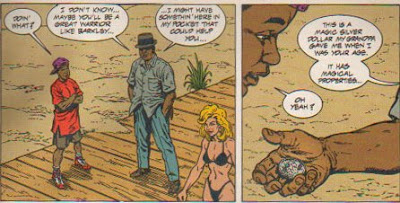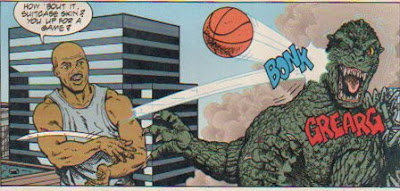
This last week wasn't the best. I spent four days home from my job due to a lack of work, I suffered from a terrible sinus infection and northern Indiana was blanketed with inches upon inches of snow. Luckily, with the time I was snowed in, coughing, snotty and unpaid, I was able to finally read Black Hole by Charles Burns, which I had checked out from the library a month before. I read the 350+ page graphic novel in on sitting, which may not have been the best for my health, but it certainly allowed me to get the full experience of the story.
Black Hole is the story of several teenagers living in 1970's Seattle, where a strange new STI mutates those who are infected. The lucky ones are given strange yet concealable deformities, while the unfortunate are mutated beyond recognition.
The best thing about Burns' graphic novel is that it not about the disease (called The Bug), which would have limited the story to the realm of horror. Instead, Black Hole focuses on the characters, their desires and fears, and very little of the conflict has to do with the Bug directly. Black Hole is essentially a coming-to-age/love story set in a viseral and surreal world. The story telling and characterization is excellent and the artwork is both clean, precise and perfect for the dark and nostalgic tone of the story. The way Burns examines the theme of "otherness", both in terms of the perfect object of desire and the threatening opposite, is brilliant and fascinating.
According to Wikipedia, Black Hole was originally serialized over the course of ten years, which may account for the only problematic element of the story. The story seems to want to be bigger than itself, somehow universal and far-reaching, almost cosmic or mystical in stature, but that is difficult to achieve with a story that is so focused on characters unique as their individual deformities. But this is really just a minor compliant as the story only falls into this mode during a handful of sections, concentrated at the beginning and end.
I highly recommend Black Hole, as a graphic novel that is a perfect balance of darkness and nostalgic idealism. It's not a perfect book, but its without a doubt one of the best and most original books published in recent memory. And if you're a fan of Brian Wood's Demo and you still haven't read Black Hole, you have no excuse.





























